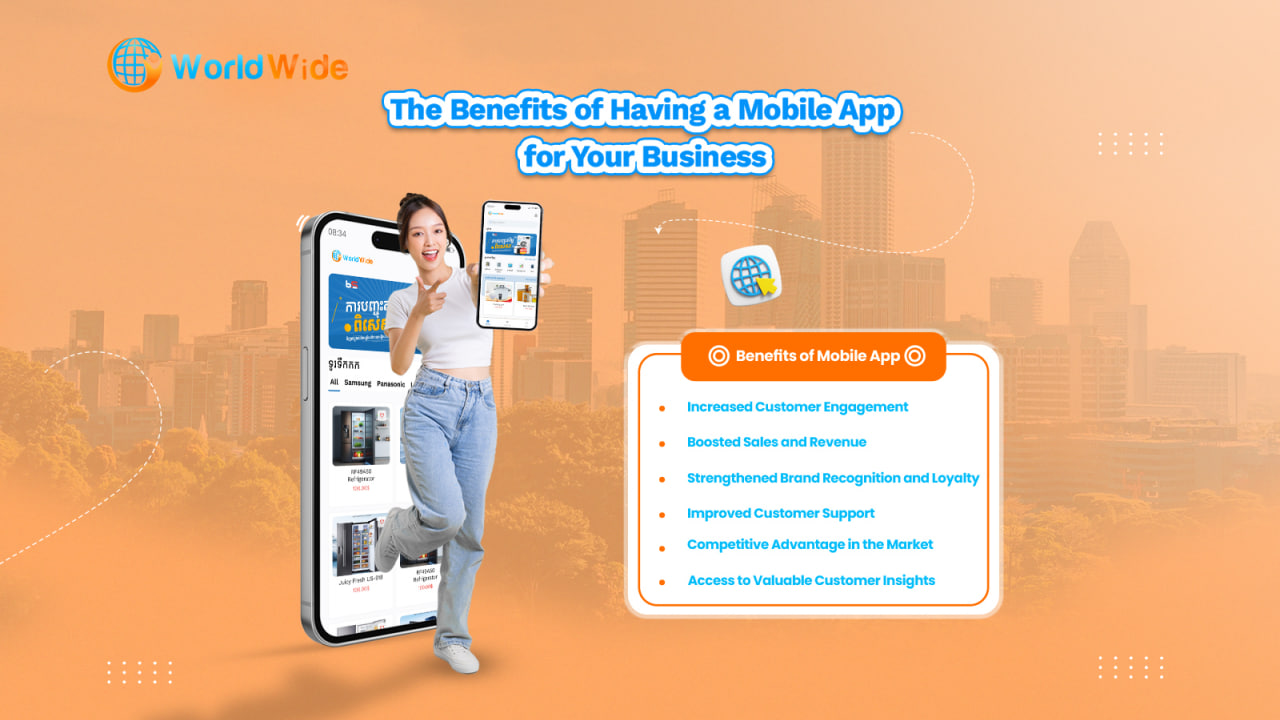In today’s digital world, the critical Role of marketing has become essential for business success, particularly for online companies. With competition constantly increasing, marketing is no longer just a support function. Instead, it is a core driver of growth. A strong marketing strategy not only promotes products but also builds lasting customer relationships. Here’s why marketing is crucial for online businesses and how it supports each stage of growth.
1. Building Brand Awareness and Expanding Reach
For online businesses, brand visibility is critical. Without it, even high-quality products can go unnoticed. Marketing channels like Search Engine Optimization (SEO), social media marketing, and pay-per-click (PPC) advertising increase this visibility.
SEO helps brands rank higher on search engine results, making them more likely to reach potential customers. By optimizing keywords and producing valuable content, businesses attract organic traffic. Social media platforms allow brands to connect with their audience, showing personality and brand values. Meanwhile, PPC advertising reaches specific audience segments quickly, boosting visibility and often leading to higher conversions.
By investing in these marketing strategies, brands can reach local and global audiences, creating an online presence that makes a strong first impression.
2. Driving Customer Acquisition

Customer acquisition—attracting and converting new customers—is central to marketing. For online businesses, this requires a multi-channel approach, including digital ads, content marketing, and engagement.
Targeted ads on platforms like Google and Facebook allow marketers to reach the right audience by focusing on demographics and interests. Content marketing, through blogs, videos, and guides, generates leads and builds authority, drawing in qualified prospects. Additionally, landing pages and email sign-ups nurture leads, moving visitors through the conversion funnel with clear calls-to-action (CTAs) and offers.
To succeed in customer acquisition, marketing teams rely on data insights into customer preferences. With these insights, marketers create effective campaigns that resonate with specific audiences.
3. Engaging and Building Relationships with Customers
Online marketing enables brands to stay connected with customers even after the first purchase. Through continuous engagement, brands build loyalty, which increases customer retention.
Social media allows businesses to post regularly, respond to comments, and interact with user-generated content. This two-way communication channel helps customers feel valued. Email marketing also keeps customers informed, sending personalized updates, recommendations, and newsletters. Using data to personalize content improves relevance, making communication more engaging.
With so many options available, customer loyalty is essential. By engaging effectively, marketing fosters long-term relationships that increase customer lifetime value. creates brand loyalty and encourages repeat purchases, ultimately increasing the customer lifetime value (CLV).
4. Personalization and Customer-Centric Experiences
Today, customers expect tailored experiences. Personalization has become a powerful marketing tool for online businesses. Through data analysis, companies customize content, recommendations, and offers based on customer behavior and preferences.
For example, past purchases and browsing history help businesses suggest relevant products. Targeted advertising reaches specific customer segments, making campaigns more effective and efficient. Some websites even adapt dynamically based on user behavior, creating a customized shopping experience.
Personalized marketing makes customers feel understood and valued, strengthening the connection with the brand. It also creates a unique value proposition, helping businesses stand out from competitors.
5. Establishing Brand Authority and Building Trust

In the online marketplace, credibility is essential for conversions. Marketing builds brand authority by positioning the company as knowledgeable, reliable, and authentic. When brands establish expertise, customers are more likely to trust their recommendations.
High-quality content, such as blogs, guides, and industry insights, shows the brand’s expertise and builds credibility. Positive customer reviews and testimonials add social proof, reassuring new customers. Thought leadership, like expert articles or white papers, enhances authority by positioning the brand as an industry leader.
Since trust plays a critical role in online purchases, marketing efforts are essential for converting browsers into buyers.
6. Data-Driven Decision Making for Enhanced Strategies
Online marketing provides an array of data, enabling businesses to make informed decisions. This data-driven approach allows continuous improvement and optimization of strategies.
Analytics tools, including Google Analytics and social media insights, offer precise metrics on traffic, engagement, and conversions. A/B testing lets marketers compare different layouts, CTAs, and campaigns, identifying what resonates best with customers. Customer feedback also provides direct insights, helping to refine the user experience.
With real-time data, businesses can adjust their strategies quickly. This flexibility maximizes marketing ROI and ensures campaigns become more effective over time.
7. Maintaining a Competitive Edge
The online marketplace is highly competitive. To stay relevant, businesses must be visible, innovative, and customer-focused. Marketing enables online businesses to maintain a competitive edge.
Competitive analysis helps marketing teams identify gaps where their brand can improve. Staying updated on trends, such as video marketing or influencer partnerships, keeps businesses innovative. Focusing on customer needs ensures continued relevance, giving companies an advantage by consistently meeting evolving demands.
Proactive marketing helps brands carve out a niche, positioning them as leaders within their industry.
8. Conversion Optimization and Revenue Generation

Marketing’s ultimate goal in online business is to drive conversions and boost revenue. Effective marketing strategies guide potential customers from discovery to purchase.
A well-designed sales funnel moves customers through stages of awareness, interest, decision, and action, with strategically placed CTAs. Conversion rate optimization (CRO) refines elements like page load times, CTAs, and the checkout process to convert more visitors into customers. Remarketing campaigns also help re-engage visitors who left without purchasing, reminding them of the brand and encouraging them to return.
By maximizing conversions, marketing turns website traffic into revenue, helping businesses allocate resources efficiently and achieve profitability.
Conclusion
In the online business world, marketing is more than an optional strategy; it is the foundation of growth and sustainability. From building brand awareness and driving customer acquisition to fostering engagement and trust, marketing ensures that businesses can survive and thrive in a digital environment. Embracing a robust, data-informed marketing strategy not only drives revenue but creates meaningful relationships with customers, setting businesses up for long-term success in the digital world. Investing in marketing is no longer a choice—it’s a necessity for any online business that aims to grow, differentiate, and succeed.





